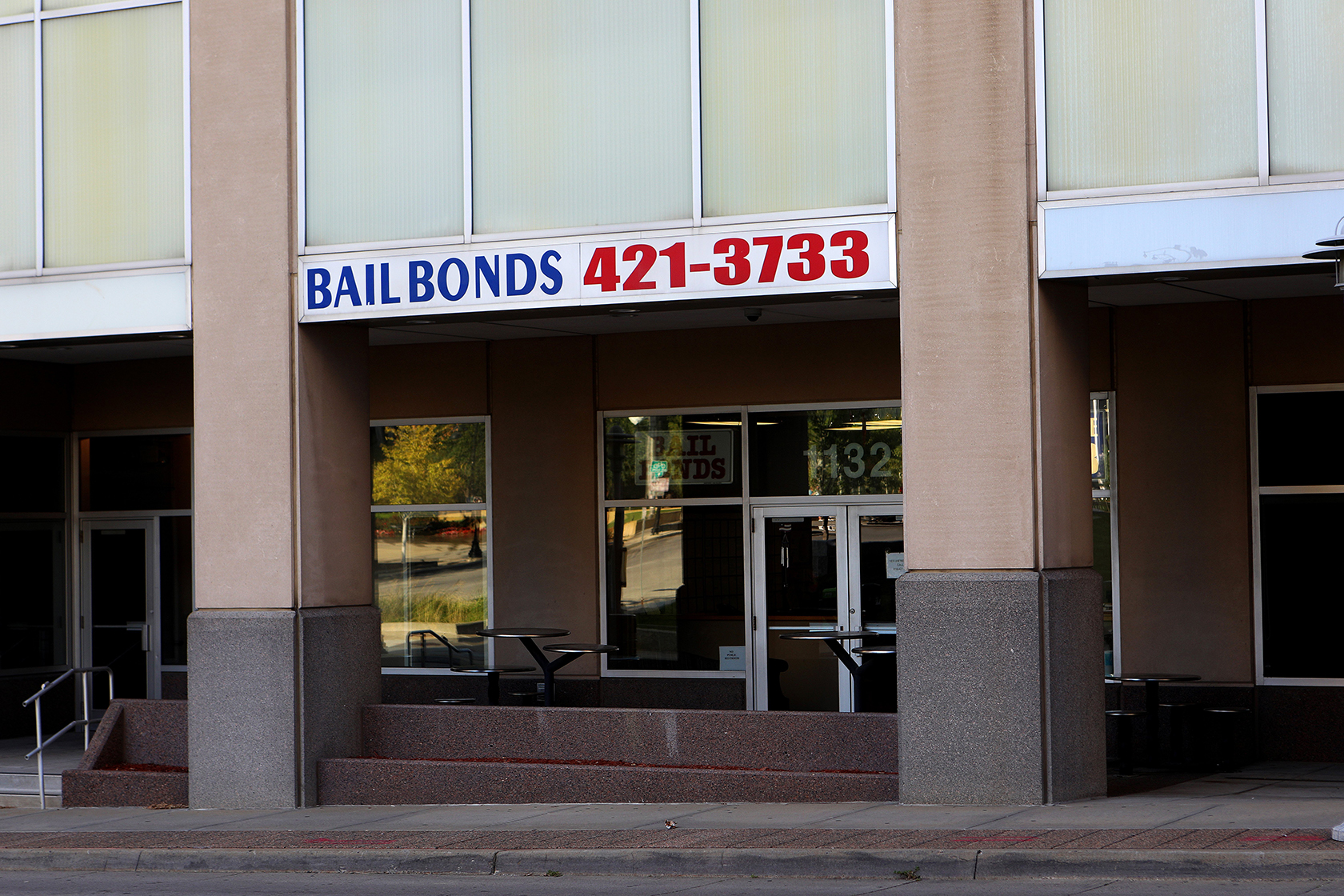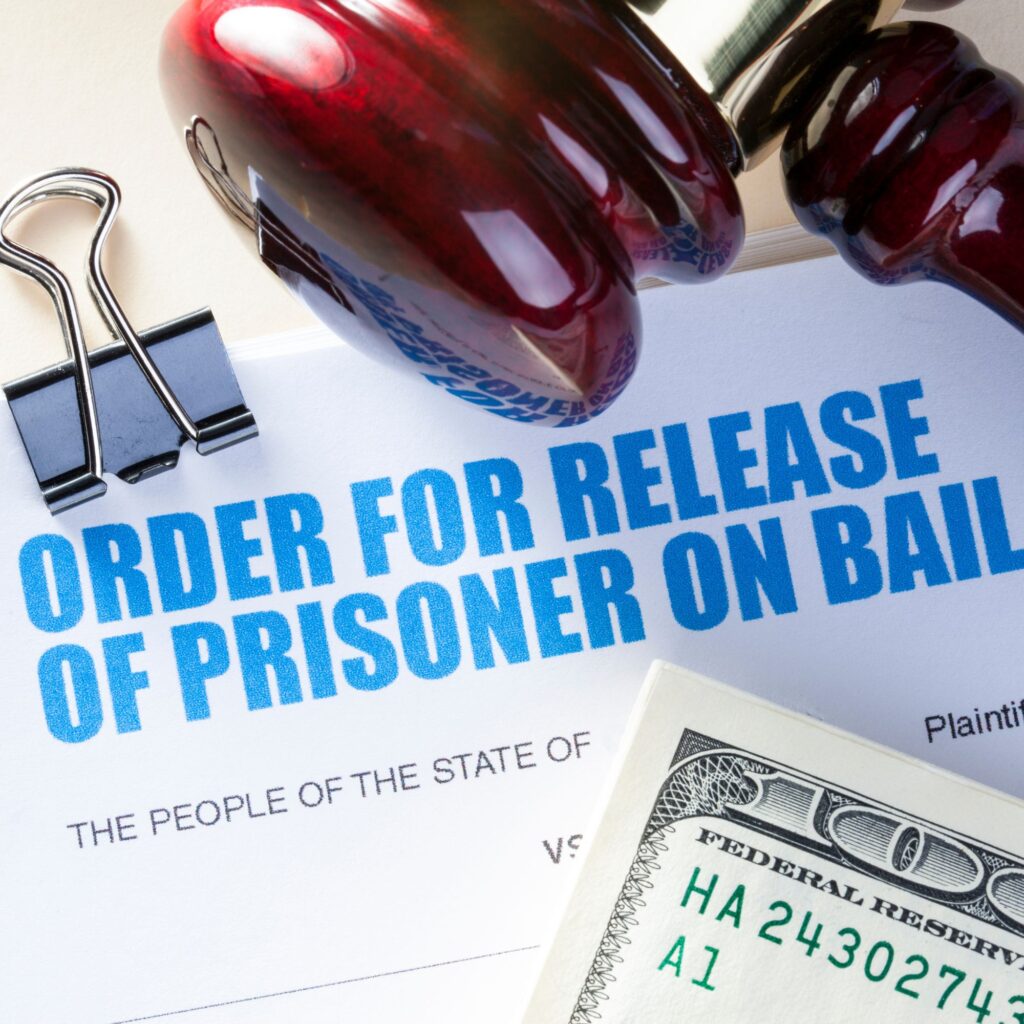Just How Bail Bonds Job: A Thorough Introduction
Bail bonds play a vital role in the criminal justice system, offering people with the possibility to protect their release from safekeeping while awaiting test. The process includes a number of crucial parts, including the duty of bail bondsmensman, various sorts of bail bonds, and the linked fees and prices. Comprehending these aspects is vital for anybody navigating the intricacies of bail. The details of how bail bonds function and the ramifications they bring warrant a more detailed examination, exposing nuances that can dramatically influence defendants and their families.
What Is a Bond Bond?
A bail bond is a monetary contract that enables an implicated individual to safeguard their release from safekeeping while awaiting trial. Basically, it works as a guarantee to the court that the defendant will stand for all arranged hearings and follow any kind of problems establish forth by the court. The bail amount is determined by the court based upon numerous elements, consisting of the extent of the alleged criminal activity, the offender's prior rap sheet, and the likelihood of trip danger.
When a bail bond is uploaded, the bonding agent generally bills a non-refundable fee, frequently around 10% of the total bail amount. This charge compensates the bonding firm for their service and the danger they carry out. If the defendant fails to appear in court, the bail bond might be surrendered, and the bail bondsmansman can look for restitution from the defendant or their co-signer.
The Duty of Bail Bondsmen
Comprehending the role of bail bondsmensman is necessary for browsing the bail process successfully. Bail bail bondsmanssman function as intermediaries in between the court and individuals looking for release from custody. Their main feature is to offer economic help to offenders that can not manage the full bail amount established by the court.
When an offender approaches a bondsman, they normally pay a non-refundable charge, normally a portion of the complete bail amount, in exchange for the bondsman covering the remaining quantity. This charge reflects the risk the bail bondsman takes on, as they come to be liable for ensuring the offender shows up in court. If the offender stops working to show up, the bail bondsman may seek to recuperate the bail quantity, frequently through lawful ways.
Bail bondsmensman additionally supply guidance throughout the bail procedure, assisting defendants and their families in comprehending their obligations and rights. They function closely with attorneys and regulation enforcement, making sure compliance with court demands. Eventually, bail bondsmensman play a vital duty in assisting in the launch of accuseds, allowing them to get ready for their legal procedures beyond incarceration while likewise managing the economic dangers associated with bail.
Kinds of Bail Bonds
Bail bonds can be found in various kinds, each satisfying different scenarios and needs within the legal system. Bondsman Williamson County. One of the most common kind is a cash bail bond, where the full bail quantity is paid upfront in money to the court. This choice is commonly preferred for its straightforwardness, as it leads to the return of funds upon the offender's conformity with court looks

Additionally, there are residential or commercial property bonds, where a piece of property is used as collateral to safeguard the bail amount. This alternative can be useful for homeowner yet entails substantial legal intricacies.
Finally, specialty bonds exist for find details scenarios, such as immigration bonds for non-citizens or federal bonds for government offenses. Each type of bail bond serves distinct objectives, allowing accuseds and their households to navigate the legal system efficiently while making sure compliance with court requireds.
Charges and Expenses Involved
The prices and charges connected with bail bonds can significantly impact a defendant's monetary circumstance. Commonly, a bail bond business bills a non-refundable fee, frequently evaluated around 10% to 15% of the complete bail amount. If an accused's bail is set at $10,000, the charge for the bail bond would certainly vary from $1,000 to $1,500. This percent varies by state and is controlled to stop inflated fees.
Some bail bond business may need security, which can consist of home, cars, or other possessions. Particular jurisdictions might impose additional costs, such as court charges or administrative prices, which can add to the financial concern.
It is vital for offenders and their families to totally understand the break down of all prices involved prior to safeguarding a bail bond. Clear communication with the bail bond representative can aid mitigate unanticipated expenditures and ensure a more educated choice regarding their financial commitments.

The Bail Refine Discussed
Navigating the bail procedure can be intricate, requiring understanding of several crucial steps entailed - Bail Bondsman. The very first step takes place after an individual is apprehended, throughout which a judge establishes the initial bail amount based upon various variables, consisting of the nature of the criminal offense, flight danger, and prior criminal background
Once the discover this bail quantity is set, the detained person or their representative can either pay the total in cash money to the court or look for the help of a bondsman. If going with a bail bond, the private typically pays a non-refundable charge, usually around 10-15% of the overall bail amount. The bail bondsmansman then uploads the full bail with the court, protecting the release of the person.
After release, the private must comply with the conditions establish forth by the court, which may consist of participating in all scheduled court looks. Failing to do so may result in the forfeit of the bail, and the bail bondsmansman may take activity to recuperate the funds. Recognizing these steps is important for browsing the bail procedure successfully and making sure conformity with legal responsibilities.
Conclusion
In recap, bail bonds work as an essential device within the judicial system, facilitating the launch of people from safekeeping while ensuring compliance with court appearances. The involvement of bail bondsmensman provides a necessary service, particularly for those incapable to afford the complete bail quantity. Understanding the different kinds of bail bonds, connected expenses, and the total bail process is crucial for people browsing the intricacies of the lawful system, eventually promoting fairness and ease of access in pre-trial proceedings.

The most typical kind is a money bail bond, where the full bail amount is paid ahead of time in cash money to the court. If an accused's bail is set at $10,000, the fee for the bail bond would range from $1,000 to $1,500 (Bondsman). If choosing for a bail bond, the individual typically pays a non-refundable charge, generally around 10-15% of the complete bail amount